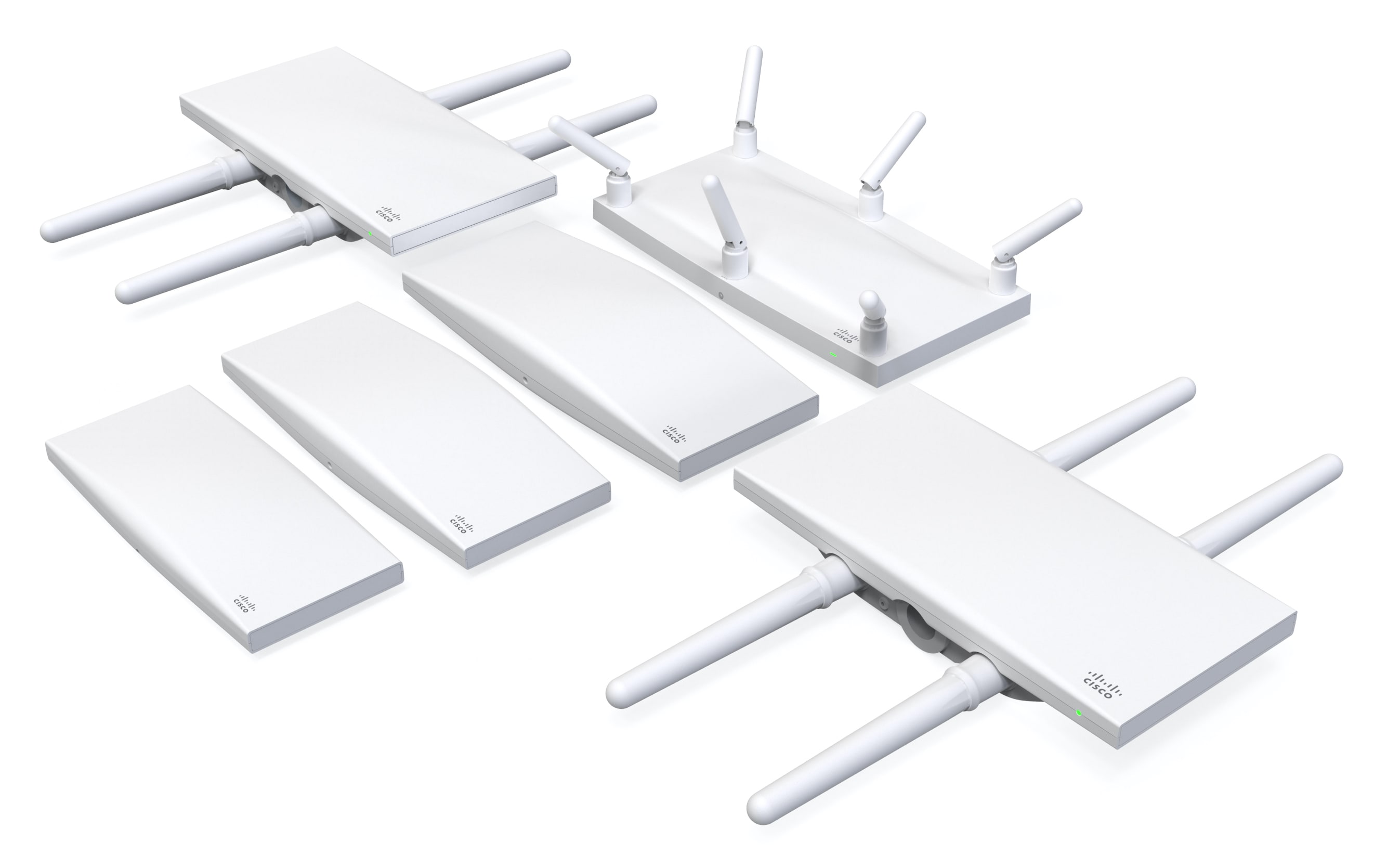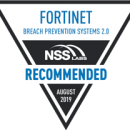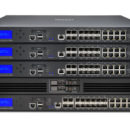Meraki Doubles Wi-Fi CERTIFIED 6™ Family

Three new wireless access points with new and improved software
Organizations are preparing for a digital future faster than ever before. More than half a million customers, including a majority of the Fortune 100, have now modernized their networks with Cisco Meraki. Cloud-management has created a fundamental shift away from on-site controllers, time-consuming troubleshooting, and complex security to a model that can be operated 100% remotely. To help organizations on this journey, we are doubling the size of our Wi-Fi CERTIFIED 6™ family by releasing three new Wi-Fi 6 access points, adding enhanced troubleshooting capabilities, and additional security features.

New Wi-Fi 6 access points
Organizations are experiencing increases in the use of bandwidth-hungry mobile video conferencing, Wi-Fi calling, and mobile device use. Wi-Fi 6 helps to deliver these mobile experiences seamlessly, and now Meraki can deliver Wi-Fi 6 both indoors and outdoors.
We are happy to announce three new Wi-Fi CERTIFIED 6™ ruggedized and external antenna access points to deliver the newest Wi-Fi 6 standard to outdoor areas, and focused coverage areas. The MR46E, MR76, and MR86 join the MR36, MR46, and MR56 to offer screaming fast, high-performance Wi-Fi 6 everywhere.
MR46E, MR76, and MR86 Highlights
All three models are Wi-Fi CERTIFIED 6™, supporting high-density features such as MU-MIMO, OFDMA, and power saving features such as target wake time (TWT). They all feature a quad-radio architecture with 2.4 GHz, 5GHz, security scanning, and IoT radios.
- MR86 is an IP67 rated, rugged 4×4:4 Multigigabit access point, with a 3.5 Gbps max data rate for high-density outdoor environments
- MR76 is an IP67 rated, rugged outdoor 2×2:2 access point with 1.7 Gbps max data rate
- The MR46E is a 4×4:4 Multigigabit access point, 3.5 Gbps max data rate, with automatically-detectable external antennas. MR46E can re-use the same external antennas as MR53E.
The new outdoor access points enable organizations to extend Wi-Fi beyond current dense indoor areas. Retail shops or schools may be wanting to offer more Wi-Fi outdoors to accommodate social distancing. MR46E is able to offer focused wireless coverage, using directional antennas, for warehouses or manufacturing plants with high ceilings, or hospitals and schools with long hallways.
Simplifying wireless troubleshooting
As discussed in a recent blog post, Meraki dramatically simplifies the ability to troubleshoot a network from end-to-end. We are now excited to release deeper insights and analytics into wireless performance metrics. With historical color-coded performance metrics for signal quality and wireless latency, identifying and correlating problems has never been easier.
Want to know how your CEO’s Wi-Fi was performing today, yesterday, or even weeks ago? Want to know the impact a configuration change had on wireless latency or signal quality at one of your remote locations? It’s now all at your fingertips with expanded Meraki Health statistics.

Simplifying security
By delivering Cisco security technologies from the cloud, Meraki helps organizations get back to what they do best. The newest wireless firmware release includes security capabilities to help secure their networks.
- Adaptive Policy is now available on Wi-Fi 5 and Wi-Fi 6 access points, to help simplify policy administration using SGTs (Secure Group Tags). Profiling users, devices, services, and setting time of access has never been easier.
- Identity PSK is now available without the need for a RADIUS server. IoT devices can be authenticated using the Meraki cloud.
- WPA3 is now available across Wi-Fi 5 and Wi-Fi 6 access points, which enables higher levels of encryption and more robust password-based authentication. This will be a welcome upgrade for organizations with sensitive data such as financial services and healthcare organizations.
New firmware upgrade option
To help simplify firmware upgrades, Meraki has released a new upgrade strategy to minimize client downtime. The network never has to go offline during a firmware upgrade, minimizing impact on end-users and devices are minimized during the upgrade. This new upgrade strategy option helps minimize disruption to mission critical wireless networks such as manufacturing, healthcare, warehouses, and airports.















Dell Software Group sold to help fund looming EMC deal
Ingram Micro gets distribution access to Dell’s security range in Australia